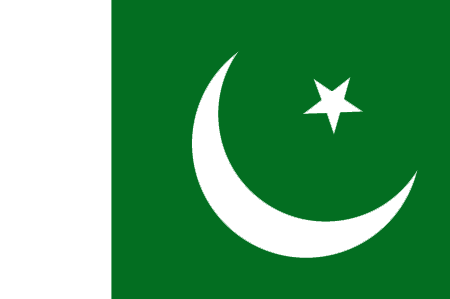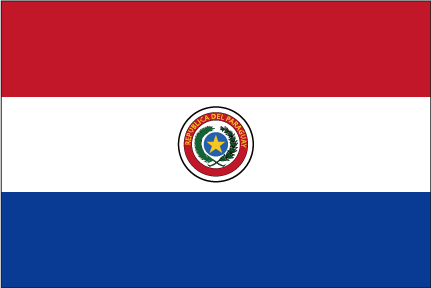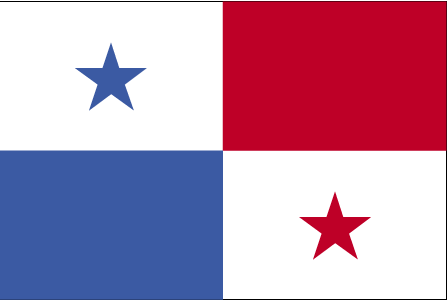Login form
Regional customs and habits
Customs of Norway
Marriage and Family
 It is common for couples to live together before marriage or instead of getting married. Families tend to be small. Husbands and wives usually consider each other equal in authority as far as running the household is concerned, and it is common for both to work outside the home. Women make up almost half of the labor force and account for about one-third of the seats in parliament. Child care and other family social-welfare programs are considerably more generous than in most countries. Many families own their houses or apartments, and more than one-third also own or part-own a cabin in the mountains or by the sea.
It is common for couples to live together before marriage or instead of getting married. Families tend to be small. Husbands and wives usually consider each other equal in authority as far as running the household is concerned, and it is common for both to work outside the home. Women make up almost half of the labor force and account for about one-third of the seats in parliament. Child care and other family social-welfare programs are considerably more generous than in most countries. Many families own their houses or apartments, and more than one-third also own or part-own a cabin in the mountains or by the sea.
Customs of Pakistan
Marriage and Family
 Individual choice of marriage partners has traditionally played a small role in the marriage process, and arranged marriages are still the standard. Formal engagements may last from a few months to many years, depending on the age of the couple. In some cases, the bride and groom meet for the first time on their wedding day. Pakistanis view marriage as a union of two families as much as a union of two people. Both families participate in the wedding preparations. A Qazi, or judge, completes the marriage contract between the two families. Wedding rituals are elaborate, and men and women generally celebrate separately.
Individual choice of marriage partners has traditionally played a small role in the marriage process, and arranged marriages are still the standard. Formal engagements may last from a few months to many years, depending on the age of the couple. In some cases, the bride and groom meet for the first time on their wedding day. Pakistanis view marriage as a union of two families as much as a union of two people. Both families participate in the wedding preparations. A Qazi, or judge, completes the marriage contract between the two families. Wedding rituals are elaborate, and men and women generally celebrate separately.
Customs of Paraguay
Marriage and Family
 Most Paraguayan girls have a party at age 15 to celebrate becoming a señorita. Young people get to know each other at local fiestas, large family gatherings, dances, and so forth. Parents generally expect to approve of any marriage partners. For a marriage to be legal, a civil wedding must be performed, but couples may also have a church wedding. Many couples enter into common-law relationships, while others have children but do not live together.
Most Paraguayan girls have a party at age 15 to celebrate becoming a señorita. Young people get to know each other at local fiestas, large family gatherings, dances, and so forth. Parents generally expect to approve of any marriage partners. For a marriage to be legal, a civil wedding must be performed, but couples may also have a church wedding. Many couples enter into common-law relationships, while others have children but do not live together.
Customs of Panama
Marriage and Family
 In the interior, common-law marriages are usual, while in urban areas church weddings are common. To marry in a church, a couple must get a license and receive religious instruction before a church official can perform the ceremony.
In the interior, common-law marriages are usual, while in urban areas church weddings are common. To marry in a church, a couple must get a license and receive religious instruction before a church official can perform the ceremony.
The father is traditionally the head of the family, and the mother generally takes responsibility for the home. Less than one-third of the labor force is female. The extended family has become less important than it used to be, but adult children expect to care for their aging parents, even if they do not live with them.
Customs of Peru
Marriage and Family
 Men usually marry in their late 20s, and women in their early 20s. In rural areas, people tend to marry earlier. Common-law marriages are prevalent and widely accepted, except among the upper classes.
Men usually marry in their late 20s, and women in their early 20s. In rural areas, people tend to marry earlier. Common-law marriages are prevalent and widely accepted, except among the upper classes.
Nuclear families in
